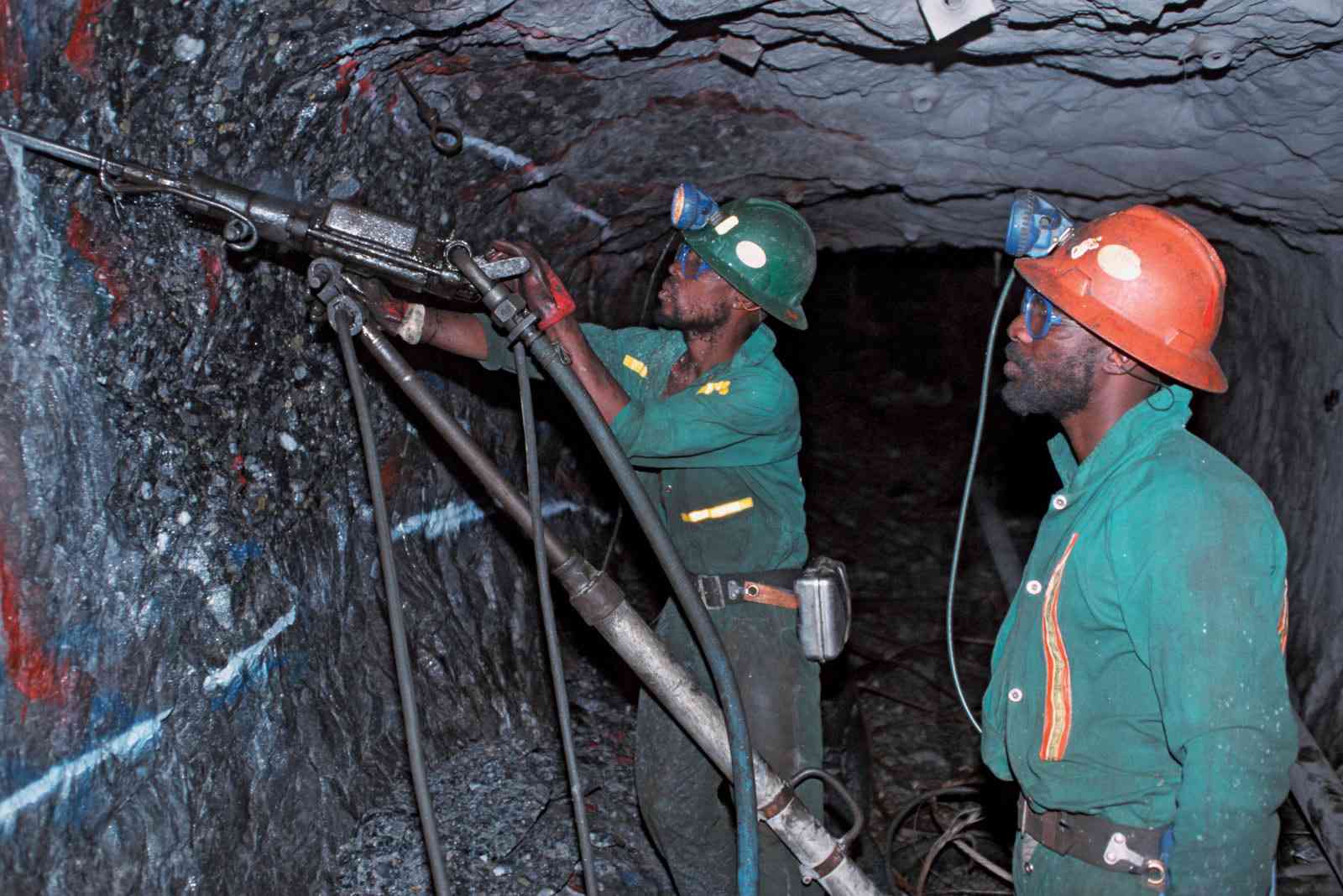
THE Mining Industry Pension Fund (MIPF) is set to compensate pensioners who lost their benefits during the hyperinflationary era between 2006 and 2009 amid revelations that over 33 000 people have not yet claimed their benefits.
Some of the pensioners are set to receive about US$100 000.
This was revealed by MIPF Bulawayo branch manager Perseverance Dube during the Zimbabwe Diamond and Allied Minerals Workers Union’s Gwanda regional meeting held last week.
“We are paying compensation for everyone who lost pension benefits between 2006 and 2009. If it means liquidating some of the MIPF assets to do that it will be done and some of the pensioners but just a few I think around 10 or less will be given US$100 000 or so, but they are few of them,” Dube said.
“We are working on ensuring that those who lost benefits get compensated and we have around 33 000 people who have not claimed their benefits so far. If you know some of these people, just advise them to visit MIPF offices.”
In 2015, the late former President Robert Mugabe established a commission of inquiry to investigate the causes and extent of the loss of value of life insurance policies and pensions suffered by policyholders and pension scheme members following the change from the Zimbabwe dollar to the multicurrency regime in 2009.
The Justice George Smith-led commission of Inquiry revealed that some policyholders and pension scheme members were prejudiced during the conversion process. It recommended that the affected policyholders and pension scheme members should be compensated. Subsequent to that, government gazetted Pensions and Provident Funds (Compensation for Loss of Pre-2009 Value of Pension Benefits) Regulations, 2023, to recognise the loss of value of pension products suffered during the investigative period (January 1 2000 to February 28 2009) by ensuring that the affected members are compensated to the fullest extent practicable. The regulations were meant to provide the criteria by which all funds and insurers compensating affected members may assess and quantify the prejudice suffered members.
The Insurance and Pensions Commission gave liable insurers or pension funds to submit compensation plans including the list of eligible policyholders or pension fund members and the compensation amounts until December 31.
- Keep checking on your pension status, workers told
- Windfall for 33k pensioners ...some to get US$100k compensation
Keep Reading
Last week’s Zimbabwe Diamond and Allied Minerals Workers Union meeting was meant to adopt the union’s congress strategic plan framework towards inclusive building union power, securing jobs and transformation, among the strategies being to fight for the retired and retiring mine workers benefits and pensions.
Dube said over and above NSSA, the World Bank set what were called occupational pension schemes that were industry based.
“In the mining industry we have MIPF, in clothing we have Clothing Industry Pension Fund, in catering we have Catering Industry Pension Fund,” Dube said.
“So the government also looked at that structure and said for each industry we are going to set up an industry-based pension scheme for every industry that looks at the needs of that particular industry and addresses them, but NSSA is for all of us.”
Dube said over and above 4,5% NSSA contribution, mine workers also contributed 7,5% to MIPF for occupational-based schemes.
Workers drawn from mines around Gwanda complained of bad conditions at work citing issues poor accommodation, shortage of personal protective equipments, poor remuneration, victimisation by employers and poor work environments that threaten their lives.
A representative from the Mines Ministry in Matabeleland South, only identified as Mutseka said there were 5 000 mines in the province but inspectors were very few to conduct the inspections across the whole area.










